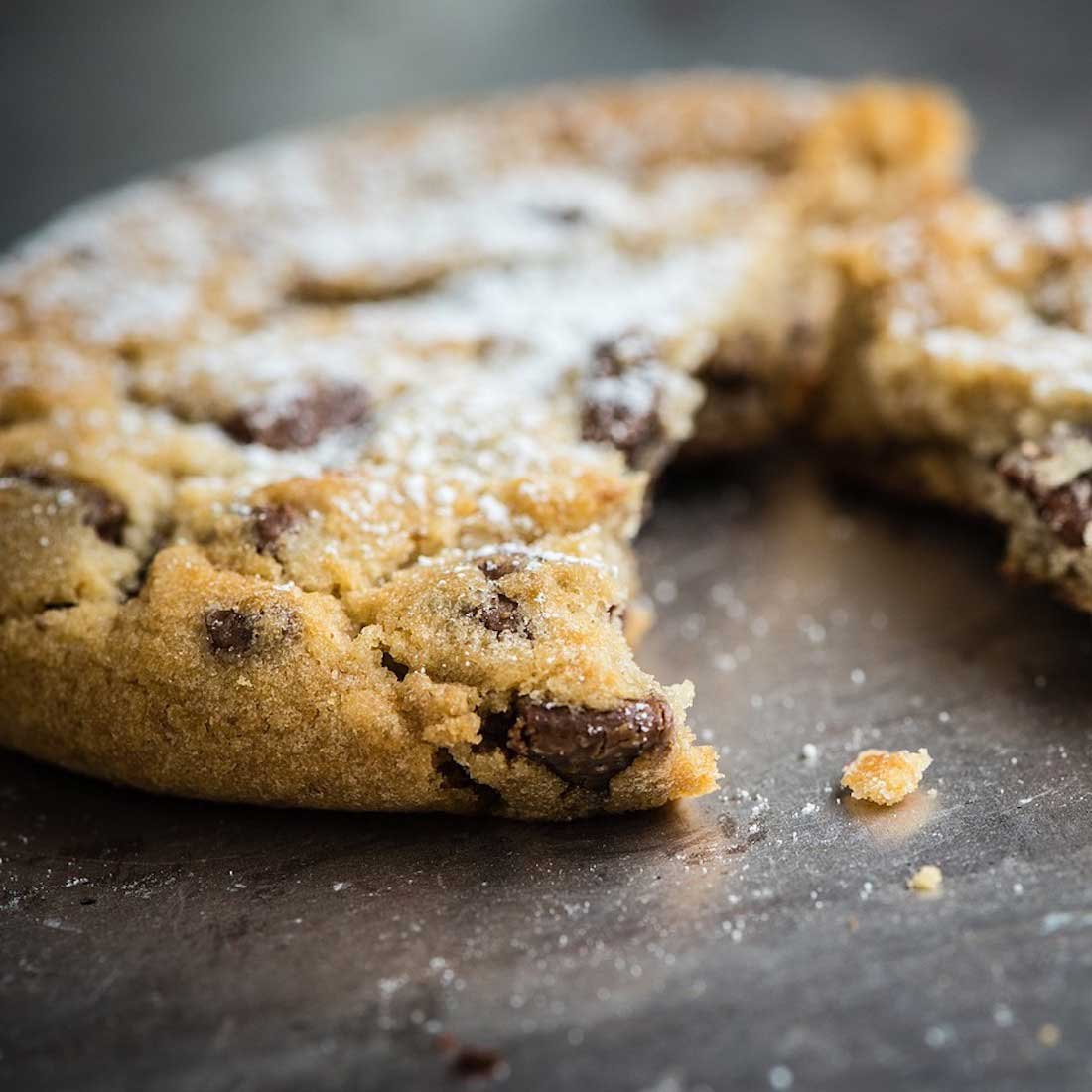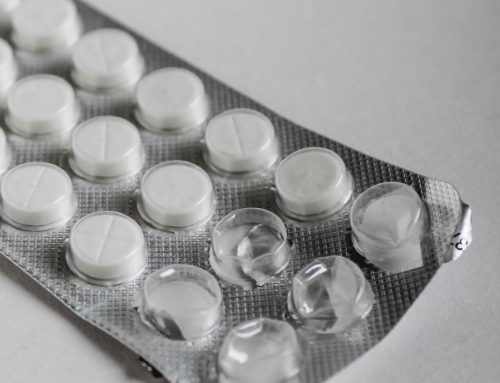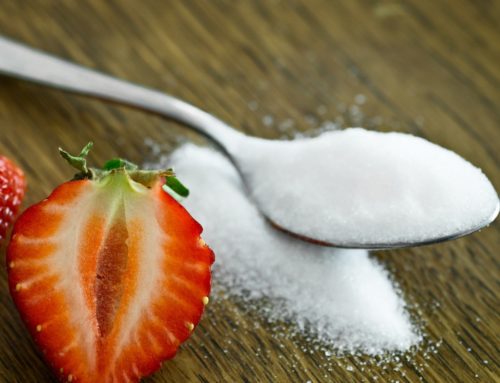You might know that eating too much sugar is bad for your health, but did you know that you can be addicted to sugar?
Eating sugar triggers the reward centre of your brain in the same way that addictive drugs like cocaine do. It’s one of the reasons why giving up sugar can be so challenging when you’re trying to adopt a healthier lifestyle.
Sugar is hidden in everything, making it easy to consume too much of it without realizing it. Of course there are sweets and desserts like cake, cookies and candy for obvious sources of sugar. But even some of the foods you might think of as healthy can have added sugar. For example, yogurts flavoured with fruit contain added sugar; fruit juices are loaded with sugar; and tomato sauce, baked beans, and salsa can all contain added sugar. When you think about all the foods you eat in a day, the amount of sugar you consume starts to add up quickly.
Reducing your sugar intake is a great choice for your health but with the addictive effects of sugar, it’s not always so simple. One cookie can easily turn into two, then three, and so on.
So let’s talk about what’s actually happening in your body when you eat sugar.
How Sugar Affects Your Body
When you eat sugary foods your tastebuds are the first to know. With their receptors they signal your brain.
Once your brain receives the signal it forwards it through several relay stations and then to the cerebral cortex. The cerebral cortex is a part of the brain that sorts out each taste. It has a place for salty tastes, sour tastes, sweet tastes and so on.
As soon as your brain categorizes the received signal as “sweet” it alerts your reward centre. The reward centre is the most important part when it comes to forming addictions. It’s the part of the brain that tells you “yes, I like that, I want more”.
But that’s not the only reason sugar is so addictive. It also releases dopamine. Dopamine is a neurotransmitter that acts like currency to the reward centre. So when your brain alerts your rewards centre that sugar is here, it’s ready to accept payment. Dopamine floods the reward centre producing that feeling of pleasure that makes you want more.
The problem with this is that the more sugar you eat, the less reward you’ll feel. That’s because dopamine will level out over time. So in order to get that same rewarding feeling, you’ll have eat a lot more sugar.
To make matters worse, sugar is a high glycemic food, meaning it can spike your blood sugar. When your blood sugar spikes too quickly you often experience a rapid drop afterwards. Energy levels can simultaneously follow this spiking and dropping pattern. When your blood sugar drops, you’ll likely feel tired, lethargic, irritable and hungry.
Low blood sugar can lead to sugar cravings. You might reach for something sweet for a quick way to bring your blood sugar back up so you feel more alert and energetic. But, the more often this happens, the more you end up feeding into sugar’s addictive cycle.
It becomes a rollercoaster ride that never ends.
The best way to get control of your sugar intake is to do a sugar detox. Removing the sources of sugar from your diet that create addiction and impact your blood sugar levels can help you control the whole vicious cycle.
But sugar detox isn’t easy. That’s why knowing how to tailor your diet appropriately to curb cravings while still feeling satisfied is so important. The right diet can also help you maintain stable blood sugar levels so you aren’t feeling fluctuations in your energy levels and mood throughout the day.
Chew on this
Eating sugar creates an addiction cycle that can be hard to break. It feeds the reward system of your brain to make you crave more. The more you eat sugar, the more often you’ll crave it. And you’ll often need to eat a bigger amount for that same satisfaction.
The best way to beat a sugar addiction is to do a detox. Cut out sugar and readjust your tastebuds. Keeping blood sugar levels stable will help to reduce difficult cravings.
Having a support system like a friend or family member do the detox with you is also a great way to help you be more successful in making these healthy changes.
Have you experienced uncontrollable sugar cravings? Tell us your experience in the comments below.





I was so excited to get this email. Although I don’t add a lot of sugar, this is such an important reminder to us. Sugar is in most things we consume. I am excited to read all the latest posts. God bless you Dr. Tick.
Thank you Ruth, I’m glad you’ve enjoyed the post. Feel free to comment on what other topics you would be interested in reading!